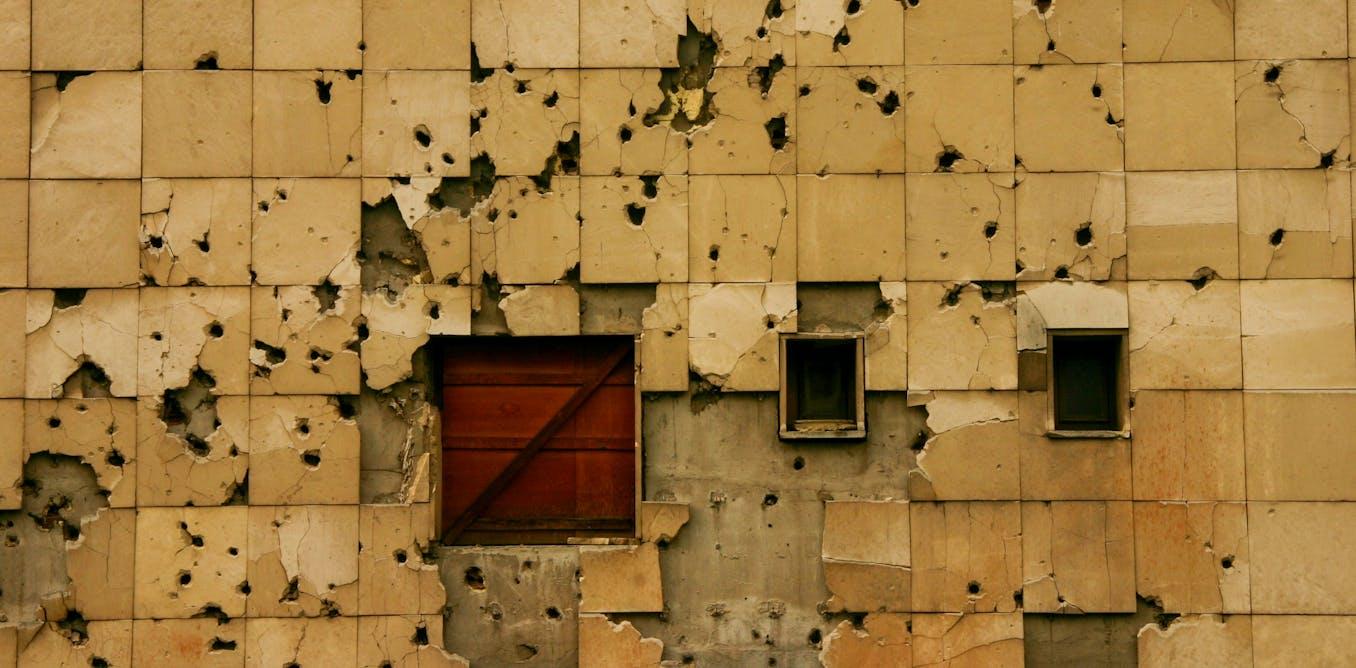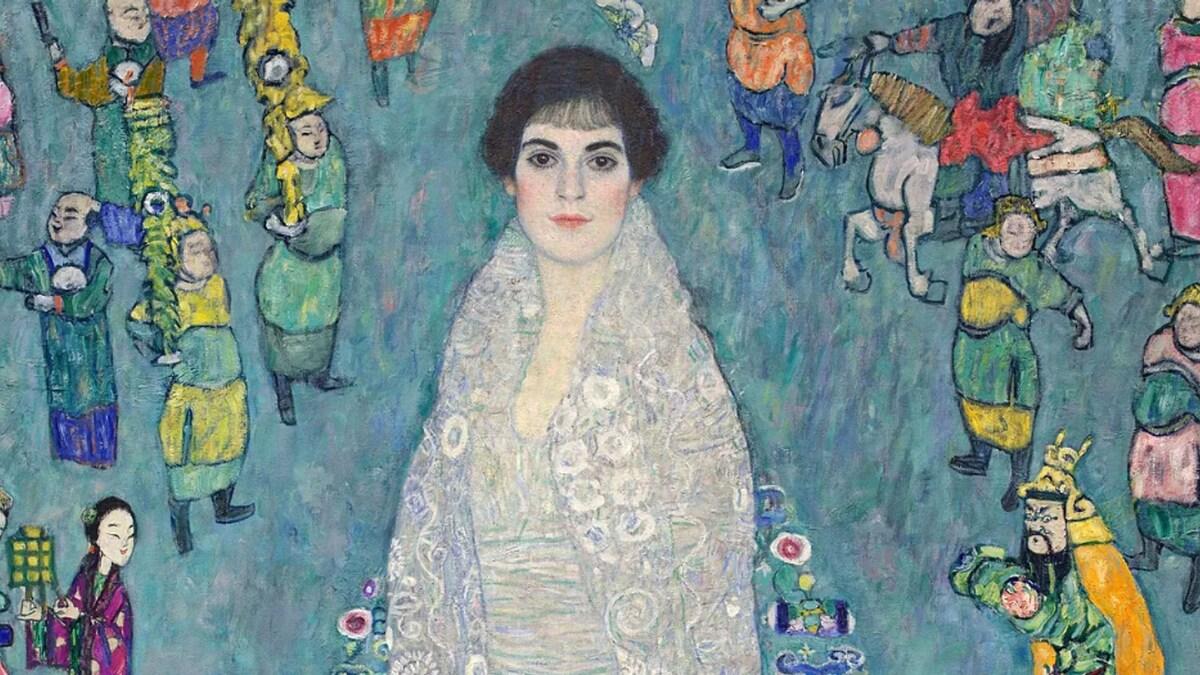European businessmen and professionals paid to have a civilian in Sarajevo for fun.His psychological profile shows extreme adrenaline, unhappiness, covert sadism and malignant narcissism.
During the siege of Sarajevo from 1992 to 1996, when many citizens were fleeing bullets and explosions every day, in the rush of knowing that every second could be their last, another, even more disturbing truth was hidden.
Not all those who shot from the hills or from the buildings on what is known as the sniper boulevard - boulevard Mese Selimovica - in the center of the city were militiamen.Among these snipers, as revealed by the investigation and complaints of the writer Ezio Gavazzeni and the lawyers Nicola Brigida and Guido Salvini, there were foreign visitors who traveled from Western Europe to participate in an underground activity baptized as "sniper safari".
These men pay large sums of money for the opportunity to kill men, women, and children over time and players.
The common bond between these people is a passion for weapons and hunting.They are not soldiers or mercenaries.They are rich people who feel adrenaline when they kill defenseless people, not out of hatred or revenge, just for joy and pleasure.
Sarajevo offered them the best experience: the deadly component of a real conflict, unlimited shooting and impunity.They did not fight: they had an extreme, a lot of adrenaline, something unique.
What is that person like?Who kills someone they don't know, not out of hate or resentment, but just for fun?What is the profile behind evil and evil?
This is the “War Hunter”
Most of them were people who were in good standing and reputation in their countries: business, liberal, liberal professionals, family people, family people, family people, family people.An unsuspecting face.They didn't fit the stereotype of criminals, and that's exactly why the phenomenon is what it is.
He is a person who shares his daily life.But when the plane lands and he takes out his sniper rifle, the side appears from the hidden side of society.Sarajevo offers people something different: a real threat, a real war, an absolute understanding through the lives of others.
This contrast between official life (orderly, respectable, bourgeois) and secret life (cruel and violent) reveals the existence of a deep psychological rift: double moral identity.
But this profile doesn't appear out of nowhere.What factors can explain this?
1. Adrenaline resistance
These are individuals who have a strong need for intense sensations.For them, routine is a form of maintenance.They need external stimuli to feel alive.Psychologist Marvin Zuckerman identified this personality trait in his work Sensation Seeking: Beyond the Optimal Level of Arousal (1994), which is a must-read for understanding why some people seek extreme experiences, even in the face of physical or legal danger.In a healthy form, this species is associated with extreme sports.In its pathological form, combined with a lack of empathy, it can lead to recreational violence.
War provides these people with things they cannot find in everyday life: immediate intensity, real risk, a rush of adrenaline and, above all, the illusion of omnipotence.
Many of these subjects would never kill in their country of origin.It is the context that eliminates the barriers.Social psychology has documented this phenomenon for decades.In his studies of ordinary cruelty, Philip Zimbardo has already shown how seemingly normal people can transgress ethical boundaries when they realize that a social framework, or lack thereof, legitimizes their actions.
Besieged, lawless and under constant fire, Sarajevo offered the perfect alibi: no one asked for an explanation, no one controlled who came or left, and the lines between soldiers and visitors blurred in the chaos of urban warfare.
2.Dehumanization: prerequisite for killing
No behavior is possible without a fundamental psychological process: the demhumization of the other
It was enough to make the citizens of Bosnia "targets" or "moving targets".Physical distance became emotional distance.The hunter could no longer see the person;I saw the silhouette move, the target.
3. Sadimism is the same as
Perhaps all these people have a characteristic in common: an everyday sadism that is repressed under ordinary circumstances.People who are able to secretly enjoy the suffering of others, although they will never admit it publicly.The very act of locating someone, determining a goal, waiting for a moment has become a form of pleasure.It wasn't just violence: it was entertainment.
Here lies the most disturbing fissure: when human suffering becomes part of it, evil ceases to be abnormal and begins to seem dispensable.
4. Narcissism without cruelty: joy
The psychological history of those seeking this extreme event usually includes a Natcisist statement.With money you have bought the feeling that anything is possible.You have bought a trip to the theater of war with the absence of borders, the availability of victims, total anonymity and the possibility of exercising absolute control.
This moral narcissism (belief in oneself above any norm) explains why people of good reputation can become temporary executioners without any remorse. In Bosnia, the feeling that they have been paid with impunity is one of the most dangerous catalysts for human violence.
For Eric Fromm, power over another human being is the most extreme form of narcissistic affirmation.An extreme narcissist does not tend to kill in anger, but rather out of affirmation.Shooting a stranger from a distance asserts omnipotence.
What it reveals about us
These cases are not only about deviant individuals, but a dark part of the human condition.When violence seems distant and without consequences, it is attractive to those seeking the reinforcements that ordinary life cannot provide.
A man can become a monster or a saint, as we can conclude from Viktor Frankl's work, depending on the decisions he makes and the situations he finds himself in.
Sarajevo, like other places before time and before, shows us that when the law disappears, some people run into the dark....
When conflicts arise, not only are armies mobilized;The darkest trees of human psychology also emerge.As long as people are willing to give experiences of violence without consequences, there will always be wars that act as magnets.








